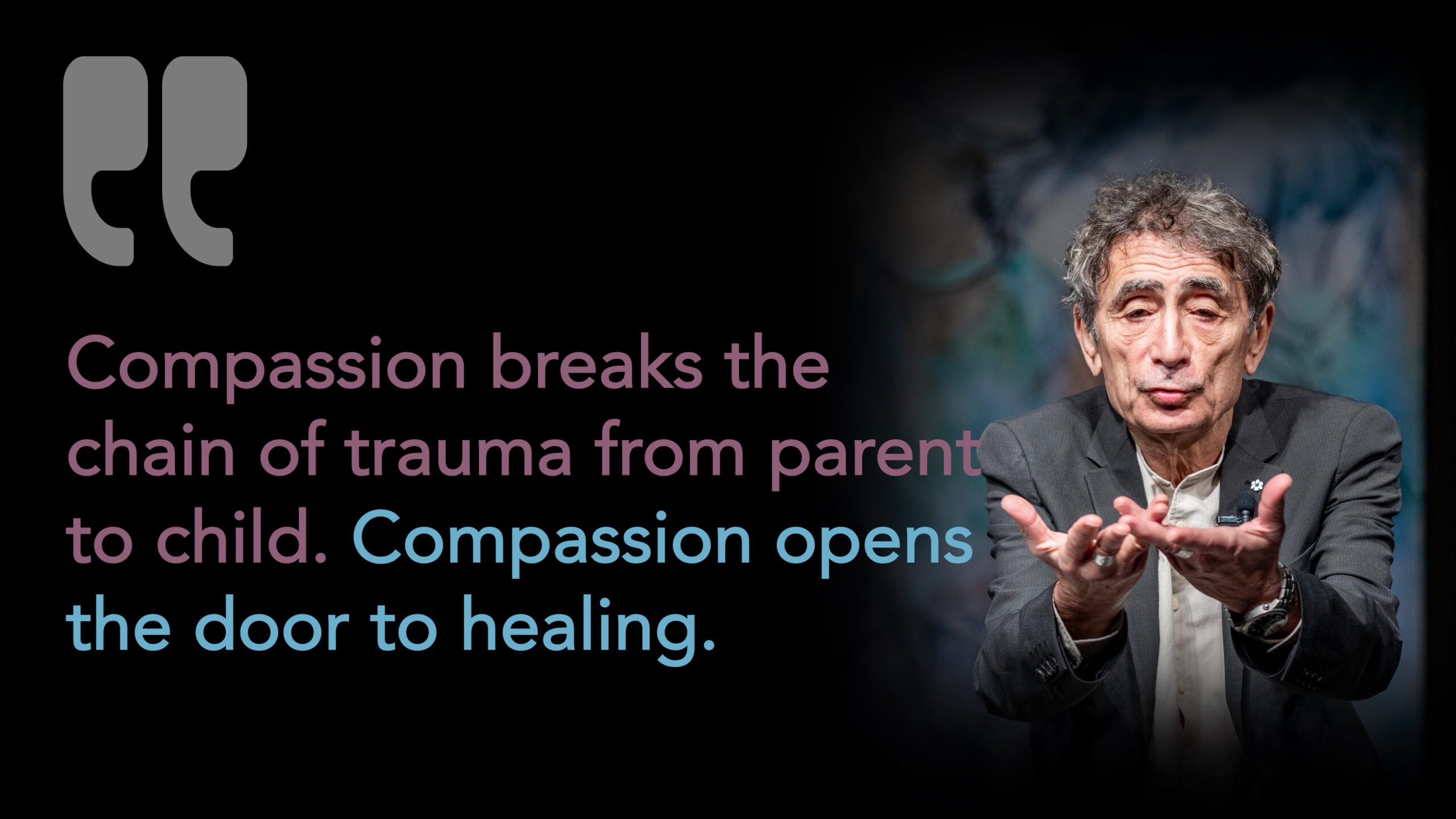Letting Go of Judgment

Judgment is one of the biggest barriers to connection. It flows in two directions: judgment of self, and judgment of others. Judgement cuts off connection.
For those who are struggling with an addicted loved one, it can be difficult to let go of judgment. We want something to pin the blame on. Often the blame is directed at the addicted person: “If only you listened to us…” “If only you didn’t hang out with those people…” “If you tried harder…” Other times, blame is directed at ourselves… “I should have noticed earlier…” “I should have spent more time with her as a child…” “I shouldn’t have been so angry…”
And for the addicted person, there’s just as much blame to go around: “You really were terrible parents. This is your fault…” “You are always yelling at me, and that makes me want to go out and use…” “If you just quit bothering me, I could get well by myself…”
The truth is, blame isn’t helpful. What we’re doing with blame is trying to discharge our discomfort, which arises from our own shame. (Shame, remember, is the idea that we are not worthy of love and belonging; that we are fundamentally a bad person.)
For the addicted person, we can recognize that, as Gabor stated, all addictions are an attempt to solve a problem. That problem is that of emotional pain, loneliness, suffering, and from shame. Our shame comes not from the fact that we are addicted; we are addicted because we are ashamed.
Likewise, for the family and friends of an addicted person, we can look at our own behaviors, beliefs, and worthiness. Though our coping strategies might be different than those with addictions to drugs or alcohol or gambling or sex or whatever it is, all of us have something that we use to cope. For some it might be control or codependency or perfectionism or workaholism. If we think about our own coping strategies, most of us can see our own imperfections. Often those imperfections play out in how we interact with our addicted loved ones.
Addiction is rooted in trauma of some form, which creates an emotional wound. That wound narrows our capacity to experience the world. It impacts our perceptions. It shows us that the world is not a place to be trusted. For a child, whose view of the world is very self-absorbed, even a small event can create trauma. This, in turn, impacts the child’s sense of the world, and with limited capacity, the child will handle the trauma the only way s/he knows how. Usually this is by internalizing the emotions s/he could not express.
